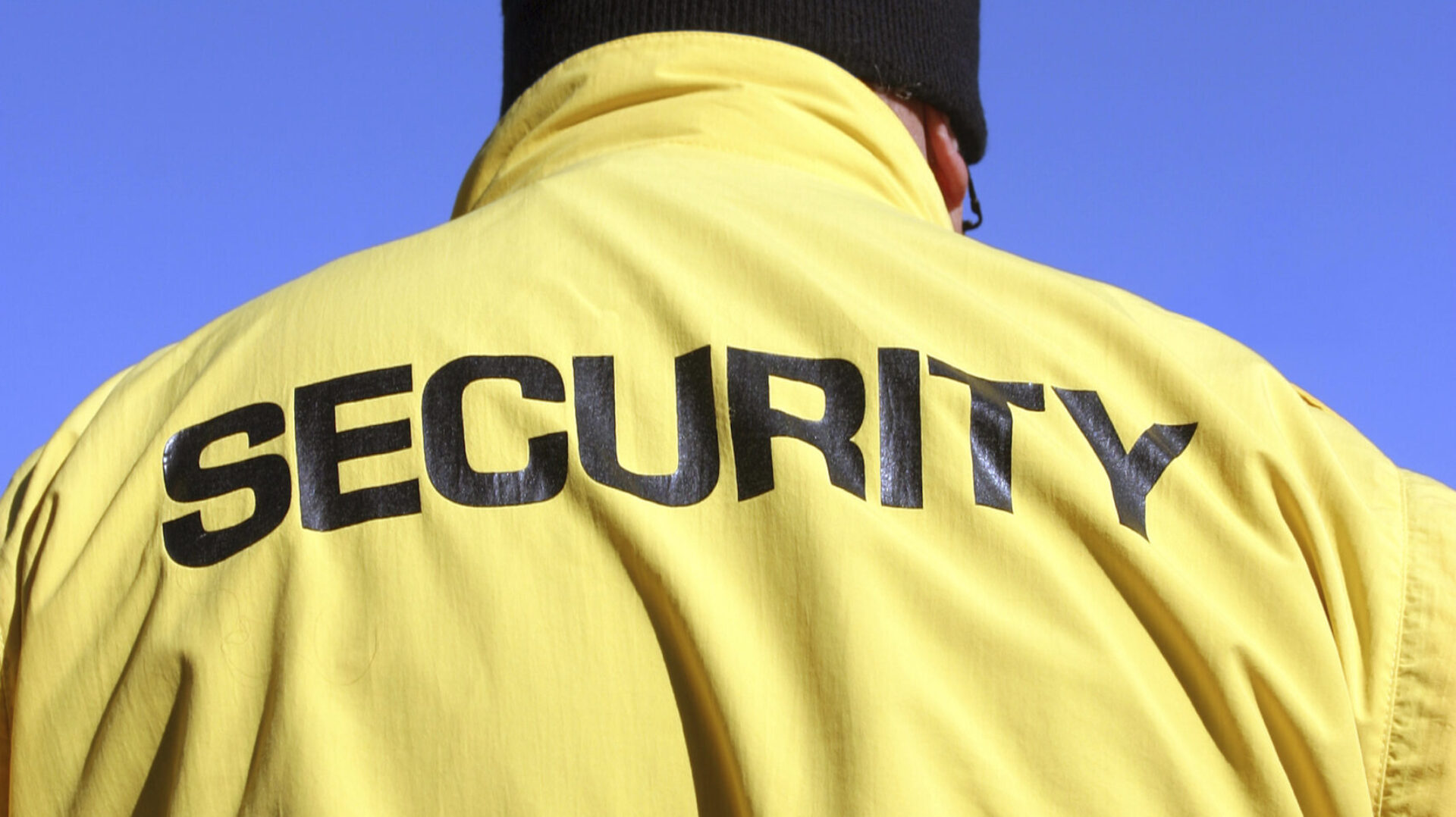It’s Time to Stop Overlooking Security Guards—They’re Often the First Line of Defense
By Jeff Ketelaars, Co-Founder of Security Guards Only
This week in Vero Beach, Florida, a security guard prevented what could have been another tragic headline.
James Michael Flynn walked into the Vero Beach Emergency Room seeking treatment for a sore leg. But when the security guard—a former police officer—noticed tools in Flynn’s backpack that could be used as weapons, he denied him entry. Flynn was later arrested and charged with battery on an officer. No one was injured. Thanks to the guard’s experience and vigilance, a dangerous situation was defused before it escalated.
It was a rare moment when a security guard made the news for doing everything right.
I’ve worked in the security industry for over two decades. As the co-founder of Security Guards Only, an online resource for professional security personnel, I’ve seen firsthand the increasing responsibilities placed on private security guards—and the lack of proper training and recognition that often follows.
What happened at Vero Beach is not a feel-good anomaly. It’s a case study in what happens when a guard is equipped with real-world training. Unfortunately, that level of preparedness is the exception, not the rule.
Contrast that outcome with another recent incident at Palms West Hospital in Loxahatchee, Florida—also owned by HCA. In that case, a Baker Act patient nearly killed nurse Leela Lal in a vicious assault that shocked the country and ignited protests about hospital safety. Only after that attack did the hospital agree to post a sheriff’s deputy on site. When asked whether similar security measures would be adopted at Vero Beach, an HCA spokesperson simply stated that they had “policies and protocols” in place.
But protocols don’t stop violence. Trained professionals do.
Here’s the uncomfortable truth: in nearly every jurisdiction in North America, security guards outnumber police officers. Yet the expectations of them are increasing while the training and public respect they receive continue to lag behind. These individuals are placed in high-risk environments—hospitals, airports, shopping malls, schools—and are expected to act as the first line of defense without the support structures we afford sworn law enforcement.
Too often, guards are viewed as retirees, placeholders, or “rent-a-cops.” That perception is not only outdated—it’s dangerous.
Police training academies, funded by taxpayers, sit empty between graduating classes. Private training companies with expertise in tactical response and de-escalation already exist to support law enforcement. Why are we not leveraging these resources to support the thousands of private sector security guards stationed in high-risk environments?
We already know the answer: legislation hasn’t caught up. And until it does, guards like the one in Vero Beach will continue to succeed in spite of the system—not because of it.
Security guards are unsung heroes. They’re invisible until something goes wrong. But when things go right, we need to start paying attention—and learning the lessons these moments offer.
It’s time for lawmakers, business leaders, and the public to rethink how we treat and train our security professionals. It’s time to expect more—and to give more in return.
Because the next time someone walks through the doors of an emergency room with harmful intent, the only thing standing between danger and safety may be a single, highly trained, underappreciated security guard.
Let’s start seeing them.
Jeff Ketelaars is the founder of Security Guards Only, an online resource platform for professional security guards. With over 20 years of experience in security operations and training consultation, Jeff is an advocate for raising private sector training standards across North America.
